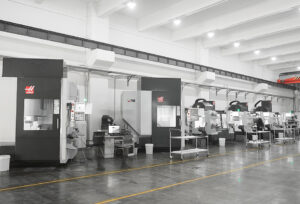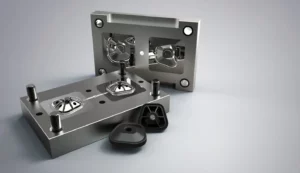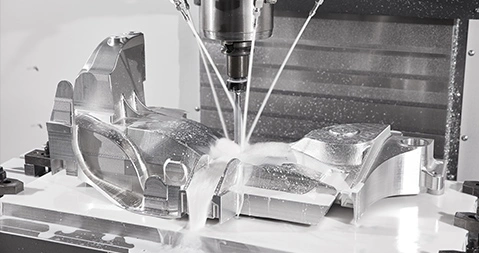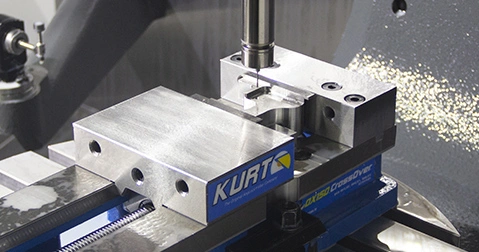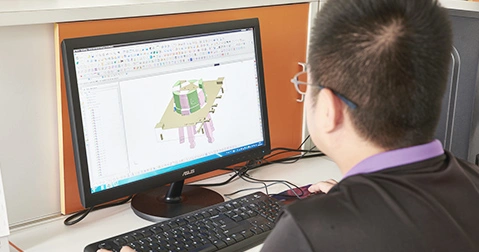As the global economy continues to rebound, several companies are looking at cost-effective solutions to augment and diversify their supply chains. Today, 3D printing is one of the most deployed solutions for small scale prototyping and idea validation. Unlike other processes like plastic injection molding, CNC machining, and Sheet metal fabrication suited for high volume and mass production, 3D printing can be managed in-house due to its small scale and relative affordability.
For new and existing companies that have scaled prototyping hurdles, making injection-molded, CNC-machined, or die-casted parts in-house can be very costly and challenging. This is why businesses often look to offshore production in China and overseas manufacturing. Over the years, Firstpart has perfected several manufacturing techniques like CNC machine services and plastic injection molding. This makes our company an excellent option for clients that want to reduce manufacturing costs, reduce overheads and improve bottom line. How is any of this possible? Read on to find out why outsourcing heavy industrial productions can be a win-win solution for your business.
Understanding Bottom Line
The bottom line of any business refers to the net total of the business at the end of a period under review. For a business to be profitable, the total costs of manufacturing a product or delivering a service must be lesser than the revenue made from the sale of these products or services.
In business terms, there are fixed and variable costs. Fixed costs refer to costs that will remain constant irrespective of variations within the business operations. For instance, a business’ rent will remain constant regardless of whether they have 100 employees or 50.
On the other hand, variable costs refer to costs that vary with adjustments of other factors of production. Consider the total cost of labor incurred by a company. The more the workers, the more the wages.
Avenues For Cost Savings From Outsourcing
There are many advantages of outsourcing. The primary reasons are often experience and cost management. Most companies outsource operations to companies like Firstpart in China to beat high production costs and take advantage of lower labor costs. How then does this affect the company’s performance? Let’s take a look:
1. Reduction of variable costs
By outsourcing your operations, you automatically have lesser employees on your payroll. This way, you can save costs on your monthly payroll expenses. Another variable cost is the cost of power. With fewer machines running in your company, your utility bills and overheads like electricity and waste should also be significantly lower.
2. Zero direct depreciation costs
Machinery like those used in CNC machining, industrial 3D printing, and plastic injection molding is usually expensive to procure and install. Every year, these machines have a portion of their value that must be written off from your asset balance to reflect the machine’s net balance since it is being used. This reduction of value is known as depreciation.
Companies can avoid high purchase costs and annual depreciation costs by leveraging someone else’s investment in these machines with outsourcing. Outsourcing also helps to remove maintenance costs and logistics, further lowering the cost of running your business.
3. The cost of inexperience
While getting it wrong can be a learning curve on a personal level, at business levels, the cost of inexperience can be very punishing. When you outsource certain aspects of your production, you help mitigate the risks of getting it wrong. Working with a supplier that has been in the CNC machining or injection molding business for many years allows you to reap the benefits of experience, discipline, and a quality control system that has been perfected over the years.
Your bottom line will benefit from expertise in operation management, supply chain, logistics, quality assurance, standards, equipment optimization. These factors will lead to having minimal complaints, defects, and a reduced risk of losing capital.
4. Economies of scale
One of the reasons why successful companies can compete at a relatively lower cost advantage is scalability. For new or startup companies, the volume is critical to achieving break-even and profitability. If you do not have the capacity or personnel to meet large orders, your negotiating power becomes impaired. With outsourcing, you get to take advantage of the supplier relationships, negotiating power, labor cost, and equipment economies of scale to drive down the cost of producing each unit of your part.
5. Inventory cost management
Inventory cost refers to the cost incurred by a business for storing its materials. Inventory is usually categorized into 3 – Raw materials, work-in-progress and finished goods. Depending on the type of stock, a company can spend thousands of dollars storing inventory against price fluctuations or scarcity. When you outsource your CNC machining or plastic injection molding, all your business needs to worry about is finished product storage.
Outsourcing also helps you save costs on logistics and transportation of raw materials and semi-processed resins or parts to the factory before final processing and production.
6. Quicker product development cycles
Outsourcing your projects can help you accelerate your product development cycles and save time and costs that you will typically expend on setting up your factory and equipment.
In today’s times, where businesses move at breakneck speed, everything is a competitive advantage. The duration of your innovation and the pace of entry into your target market can be a winning or losing factor.
7. Risk management
The best of businesses know their markets and operations and understand how best to manage their risk. Risk management is very crucial in business. Should you decide to go in-house, you must be ready to bear the risk of the failures that come from reinventing the wheel. When you consider that your bottom line heavily relies on order volumes, your sales demand, and a ton of other fixed costs, you will appreciate how much outsourcing helps you to transfer the risk to your supplier.
Which Outsource Company Should You Consider?
Choosing a manufacturing partner and supplier can be an arduous task. What qualities should you look out for when trying to outsource some or all aspects of your manufacturing needs? The following points will serve as a guide to helping you pick the best option for your brand:
1. Automated or manual
Your ideal manufacturing supplier has advanced machines that can operate automatically and seamlessly. This helps prevent longer lead times from repetitive tasks and employee fatigue and gives the operator the chance to focus on more value-adding work.
2. Core business specialization
What is the core business specialization of your outsourcing firm? While most companies can do two or three services, others operate a jack-of-all-trades system. At Firstpart, we specialize in CNC machining, Plastic injection molding, and additive manufacturing.
3. Compliance and standards
Your outsource company should be abreast of the latest ISO, ASO, and other relevant standards. This makes your compliance easier and makes your products more reliable.
4. Emphasis on value
Your supplier should emphasize delivering value and quality over cost-cutting and meeting timelines through unorthodox methods.
5. Improved bottom line
Most importantly, your manufacturing partner should be able to do it for lower than the in-house operations cost. The consequence of this will be the improved bottom line, higher revenue, and more profit with other non-financial benefits like quicker entries into targeted markets.


